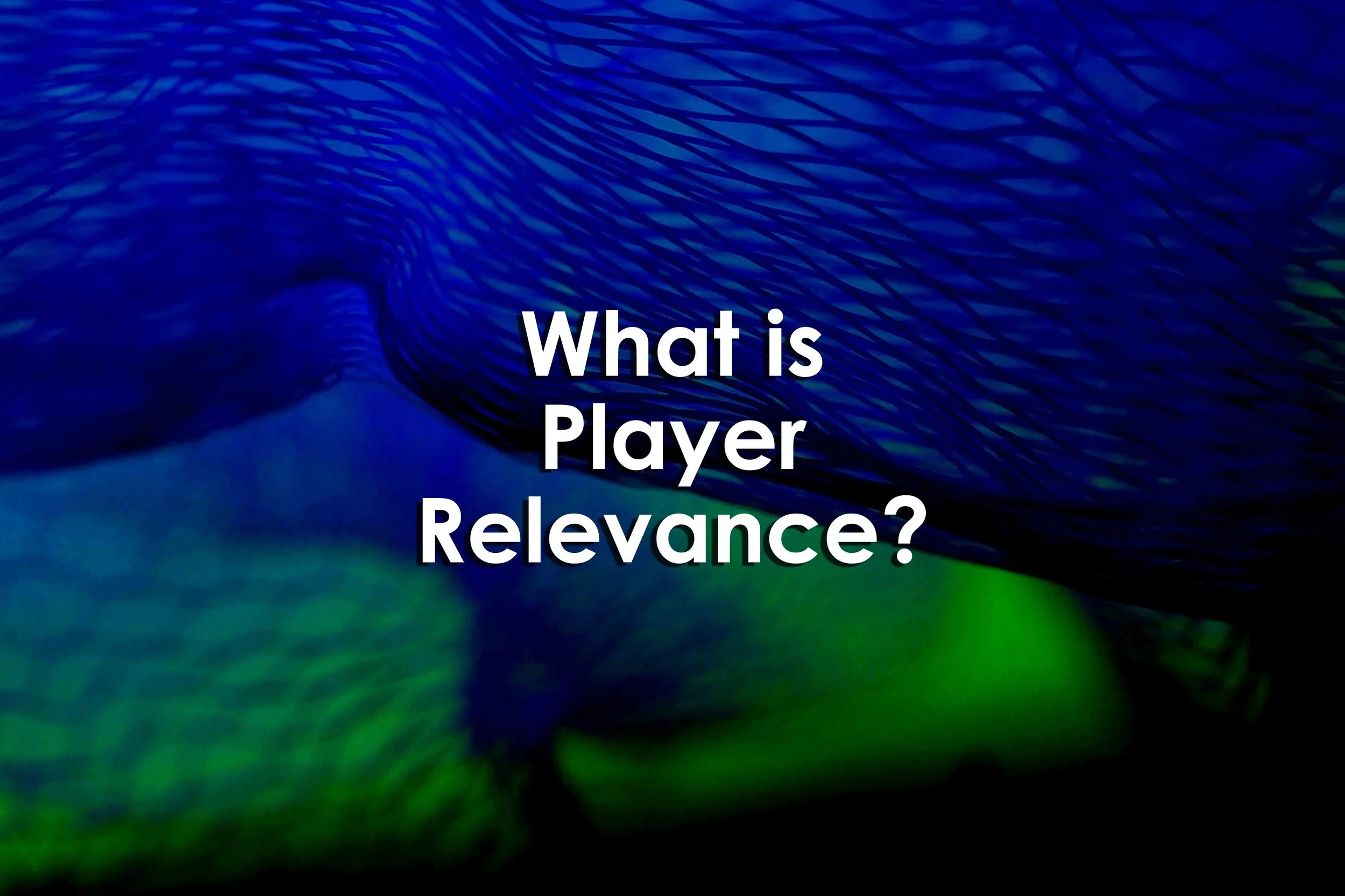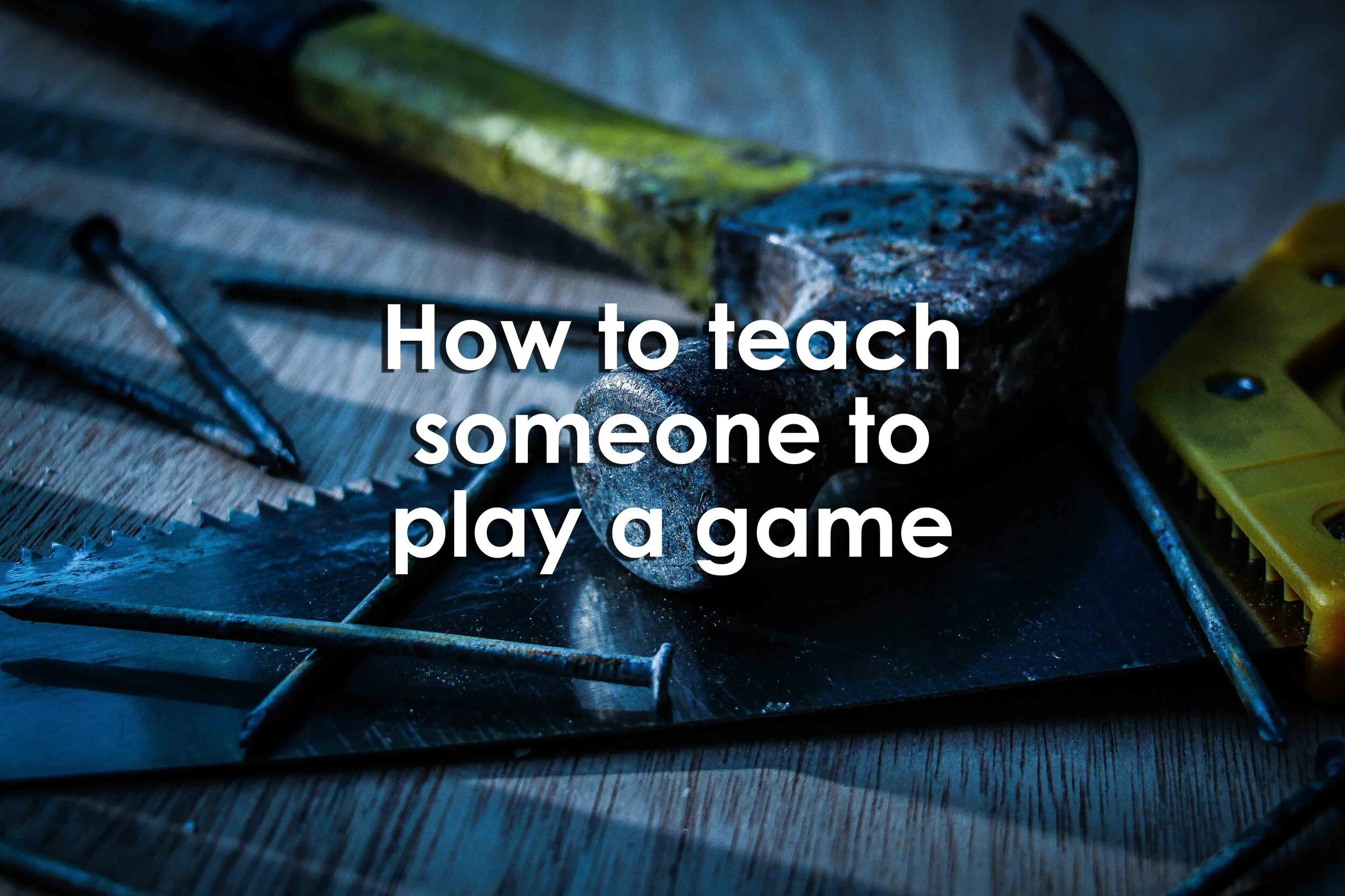This article will discuss two formative issues with game design: constraints and scope creep. While separate articles and books could address both topics, this article will discuss them as a singular issue as constraints in the design process can often mitigate the scope creep of game design projects.
Read MoreThe article examines core dynamics in game design, emphasizing their impact on player experiences. Using the Mechanics-Dynamics-Aesthetics (MDA) framework, it defines mechanics as gameplay's foundation and dynamics as behaviors emerging from interactions. Core dynamics, such as racing, collection, and exploration, unify mechanics with aesthetics to engage players and achieve goals.
Read MoreThis article will address how to develop, adapt, and apply existing and new games for these purposes. It’ll first cover the overall applications of games-based learning and then cover examples on how formal game elements and different criteria can be used to meet these learning outcomes. Specific types of games, formats, and modalities will be explored as well as how their specific characteristics benefit applied games-based learning. Furthermore, specific steps for how to prepare to use and design games for learning outcomes will be discussed.
Read MoreThis article will explore and define the term “casual players.” In understanding casual players, we must first review and examine casual games. So, casual games will be defined along with relevant characteristics of casual games such as complexity, mechanics, and theme.
Read MoreThis article covers the concept of player relevance in depth. Specifically, it defines the term “player relevance” for the context of this article. Player agency and its relationship to player relevance will be covered and discussed. The decision space and individual motivations are equally important for determining player relevance. Therefore, this article will discuss both in relationship to the player journey.
Read MoreThis article provides an overview of how you can teach someone to play a game. It describes game literacy as a starting place for helping someone learn how to play a new game. Often, the game that you select should work well for player types, tastes, and experiences.
Read MoreThis article will review the origins of the word “grok” as well as its definitions and what it means. Grokking has been closely attributed to game play and game design; however there are connections to “grokking a game” and mastery learning. This connection will be reviewed in greater depth as well as how curriculum design, student experience, and instructor interaction influences mastery learning. Games-based learning practitioners will learn how to adapt the concept of “grokking” to mastery learning and how to implement feedback loops in mastery learning through games-based learning.
Read MoreThis article will review what game mechanics are as well as how players interact and interpret them. Game designers’ roles with creating and using mechanics will be discussed as well as how mechanics are used for games-based learning and educational gaming. Lastly, this article will close on what designers should avoid when designing mechanics for their games.
Read MoreThis article will address how versatile points are in their applications. They can be used as a rewards system to help players continue to engage. Points can also change the player perception of the game through how they gain feedback. This article will also cover the different design philosophies when incorporating points into games as well as different methods for scoring. Lastly, the article will cover actionable takeaways for building scoring mechanics into your games, serious games, simulations or any other applications of games-based learning.
Read MoreOne of the most characteristic things about today’s crop digital games is the grind. The grind, grindyness, or grinding aspect of some games is an aspect that most gamers have experienced at one time or another. But what does that mean? How do players experience it? How can designers and educators of games-based learning address the grind in our designs?
Read More









